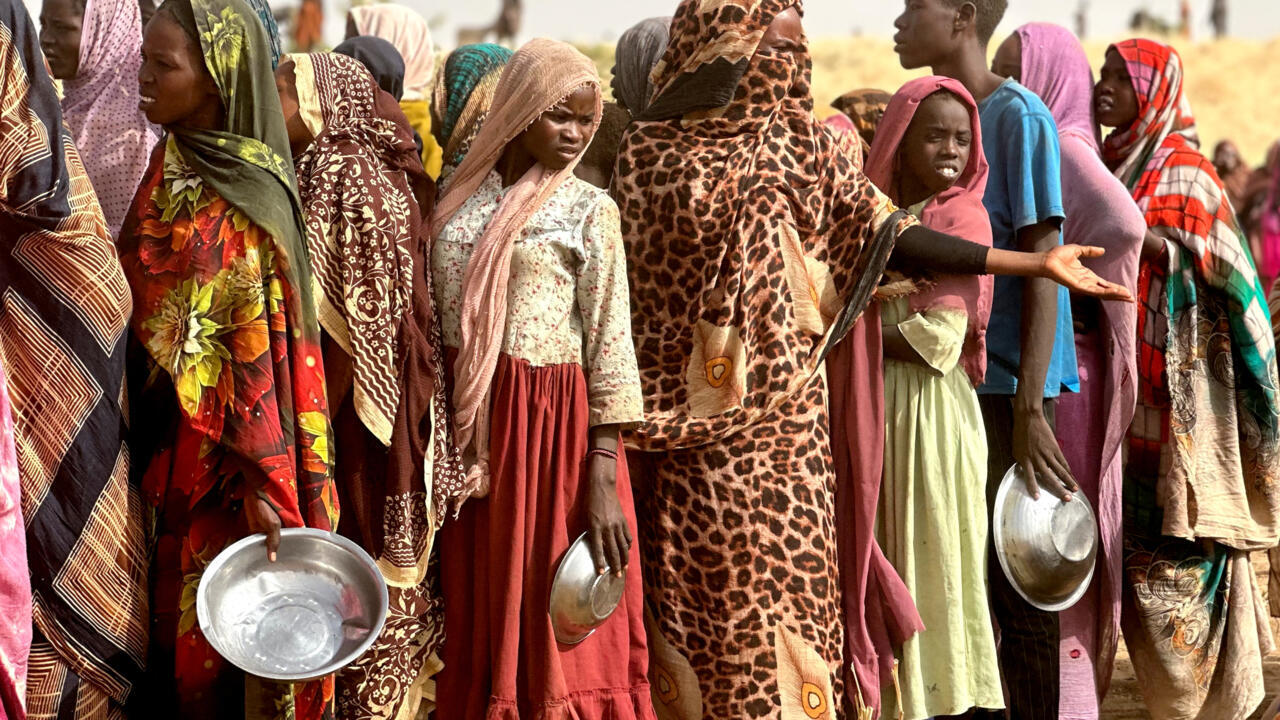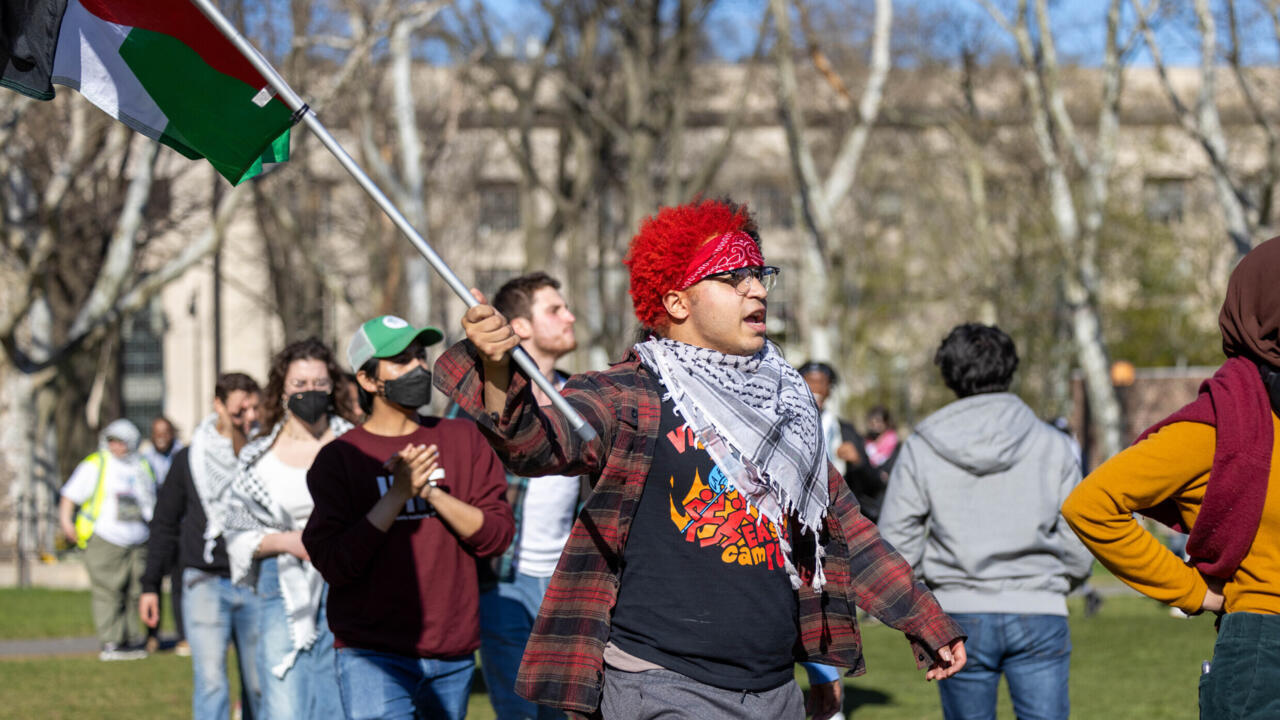“At least 25 martyrs were killed and dozens wounded” in Jabalia, in northern Gaza, while another four people were killed in a strike on the southern city of Khan Yunis, civil defence agency spokesman Mahmud Bassal told AFP.
Mohammad Awad, an emergency doctor in north Gaza’s Indonesian Hospital, told AFP that shortages meant his department could not properly handle the flow of wounded from the Jabalia strike.
“The hospital could not accommodate the wounded. There are not enough beds, no medicine, and no means for surgical or medical treatment, which leaves doctors unable to save many of the injured who are dying due to lack of care”, he said.
Awad added that “the bodies of the martyrs are lying on the ground in the hospital corridors after the morgue reached full capacity. The situation is catastrophic in every sense of the word.”
Israel imposed an aid blockade on the Gaza Strip on March 2 after talks to prolong a six-week ceasefire broke down.
The resulting shortages of food and medicine have aggravated an already dire situation in the Palestinian territory, although Israel has dismissed UN warnings that a potential famine looms.
Medical charity Medecins du Monde said Tuesday that acute malnutrition in Gaza has “reached levels comparable to those seen in countries facing prolonged humanitarian crises spanning several decades”.
Israel resumed major operations across Gaza on March 18, and the government approved plans to expand the offensive earlier this month, with officials talking of retaining a long-term presence in the Palestinian territory.
Israel says that its renewed bombardments are aimed at forcing Hamas to free hostages.
‘Full force’
Following a short pause in air strikes during the release of US-Israeli hostage Edan Alexander on Monday, Israel resumed pounding Gaza, killing 28 people in a strike near a hospital in Khan Yunis, according to civil defence agency figures.




